No matter what season, the day or the time it may be, having a cup of tea is a good idea. Tea is an aromatic beverage made by steeping cured or fresh leaves in hot or boiling water. Some individuals prefer teabags because they are easier to obtain and use.
Tea is said to have three categories which are true tea, herbal tea and flavoured tea. True teas are infusions prepared from the Camellia sinensis plant’s leaves. Herbal teas do not contain any tea leaves. Instead, spices, herbs, flowers, and twigs are infused in hot water to create these beverages. True teas are combined with herbal tisanes to create flavoured teas.
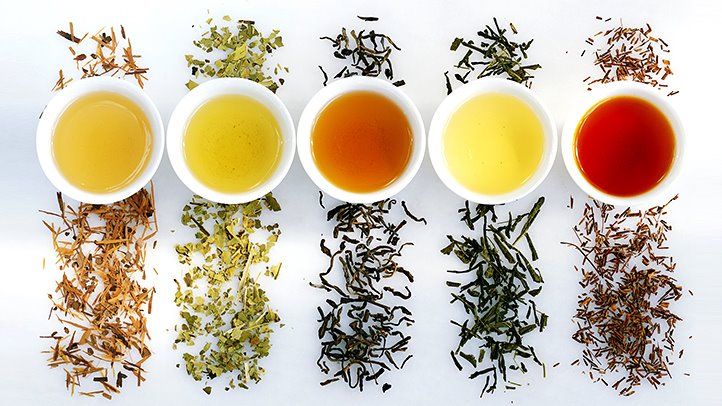
Talking about tea, do you actually know where tea originated from and how many people just love the taste and aroma of tea?
Who Discovered Tea?
Despite its popularity, no one actually knows who discovered this wonderful beverage. However, there is a legend that goes back 5,000 years in history The origins of tea can be traced back to China.
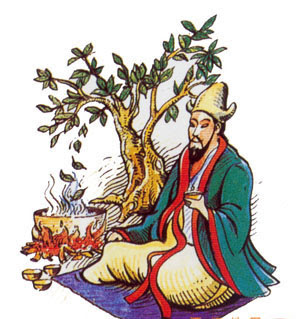
According to legend, Shennong was a skilled herbalist who taught the ancient Chinese how to farm. He was also said to have devised the hoe, plough, axe, irrigation, and slash-and-burn farming practises. Shennong may have been Huang Emperor’s father, according to some. Others refer to him as the Medicine King, and they revere him.
Legend said the Chinese emperor Shennong was seated beside or resting under a tree in 2737 BC, as his servant prepared drinking water when some leaves from the tree blew into the water. The water began to infuse the leaves. When Shennong awoke, he was greeted by a strange, greenish beverage. He decided to give it a shot because he was intrigued. The Emperor was enthralled by the aroma and delectable taste, as well as the impending discovery of tea. He felt energised and revitalised. Legend said that Shennong had discovered Green Tea without even realising it.
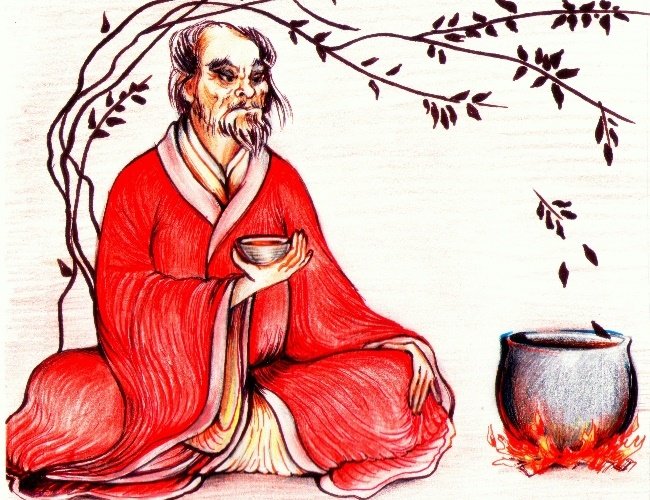
The brew was given the name “ch’a” by Shennong, which is a Chinese character that means “to verify or explore.” A Han Dynasty Emperor decreed in 200 B.C. that when referring to tea, a specific written character depicting wooden branches, grass, and a man between the two must be utilised. For the Chinese culture, this written character, also pronounced “ch’a,” symbolises the way tea brought people into harmony with nature.
It’s impossible to say whether or not this storey is true. Tea drinking, on the other hand, was certainly established in China many centuries before it was even heard of in the west. Tea’s popularity expanded dramatically in China. Tea became appreciated for everyday enjoyment and refreshment, not just for therapeutic purposes. Tea plantations grew in popularity across China, tea merchants got wealthy and expensive, elegant tea products became a symbol of their owners’ riches and position.
Types of Tea
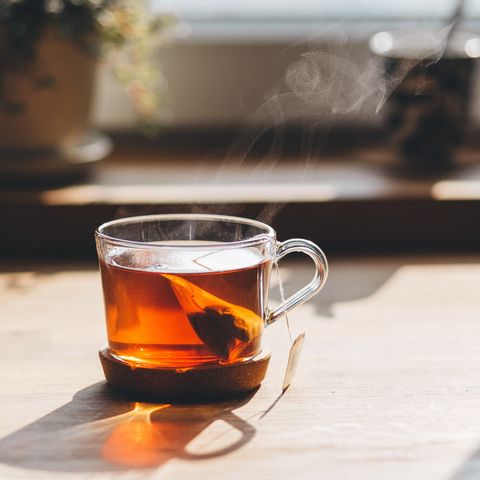
Tea has many types, flavours, scents and even tastes. But at the end of the day, all that matters is that it is tea! Here are some types of tea that are common to us:
- Black Tea
- Chamomile Tea
- Green Tea
- Oolong Tea
- Rooibos Tea
- White Tea
- Ginger Tea
- Jasmine Tea
- Mint Tea
- Kombucha
- Matcha
And there are a whole lot more teas!
Benefits of Tea
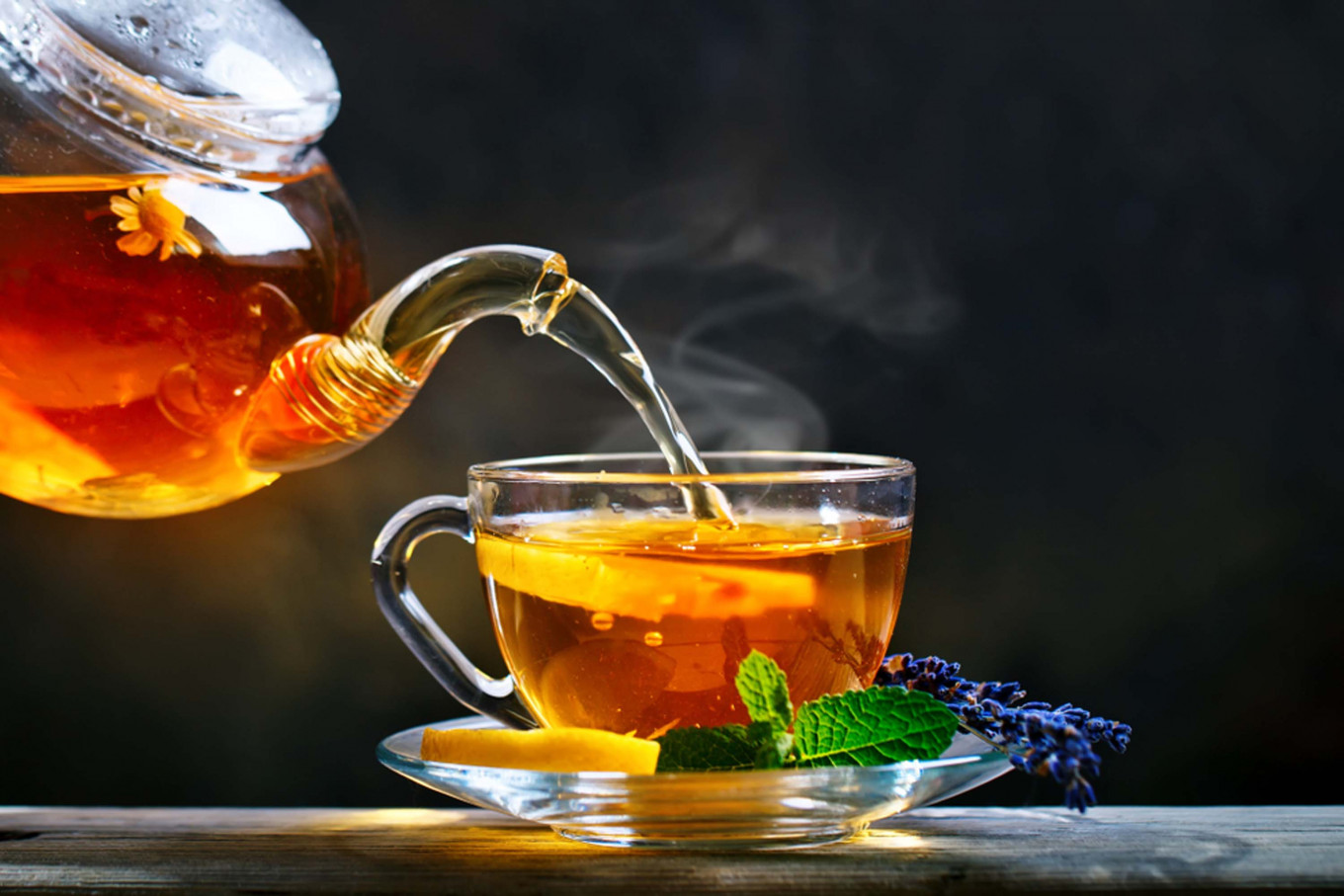
Tea is so much more than just a cup of water with some leaves in it. Because of its health benefits, tea is adored in Asia and other parts of the world. Tea contains a number of chemicals and substances that contribute to the flavour and health advantages of the beverage.
Here are 6 amazing benefits you can get from drinking tea:
1. Protects the heart
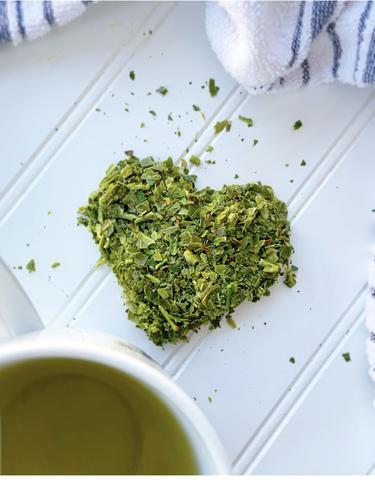
Tea consumption has been shown in trials to reduce the risk of major heart diseases, such as heart attack and blood clots. Tea has anti-inflammatory qualities that aid in the healing of artery tissue. This reduces the chance of inflammation, which can obstruct blood flow and cause clotting. Tea can also help reduce high blood pressure and lower cholesterol.
2. Energy Booster

Tea, especially green tea is a common energy booster. L-theanine, an amino acid found in green tea, contributes to its energy-boosting qualities. Caffeine absorption is slowed by this amino acid. As a result, green tea’s energy boost lasts longer and is more consistent than a cup of coffee. You’ll have more focus and energy without the jittery side effects or crash that comes with caffeine.
3. Weight Loss

Drinking tea can also aid with weight loss. Tea such as black tea, green tea, white tea and oolong tea are great for those who wish to lose weight. Tea has also been shown in certain tests to aid weight loss and reduce belly fat. Tea can also help you stay hydrated and fulfil your sweet taste.
4. Aids Digestion

Tea aids digestion and can be used to cure a variety of ailments, including nausea, upset stomach, and diarrhoea. Tea also includes tannins, which have been demonstrated to help reduce inflammation in the intestine. This can aid in the relief of stomach pains and the treatment of irritable bowel syndrome. Ginger and mint tea are two common remedies.
5. Lower Risk of Cancer

Tea consumption has recently been linked to a lower risk of cancer, according to some high-profile studies. Although more research is needed in this area, reports show that those who drink five or more cups of tea each day have a lower risk of prostate, oral, and breast cancer.
Tea is a wonderful beverage. It is healthy and also soothing. If you happen to have a hectic day at work or going through some stress, just get yourself a cup of tea to wind down and feel better.
Sources:Tea & Coffee, UK Tea & Infusion Association, Coffee Tea Warehouse, Sencha Tea Bar, Pique, Healthline,Real-Buzz,

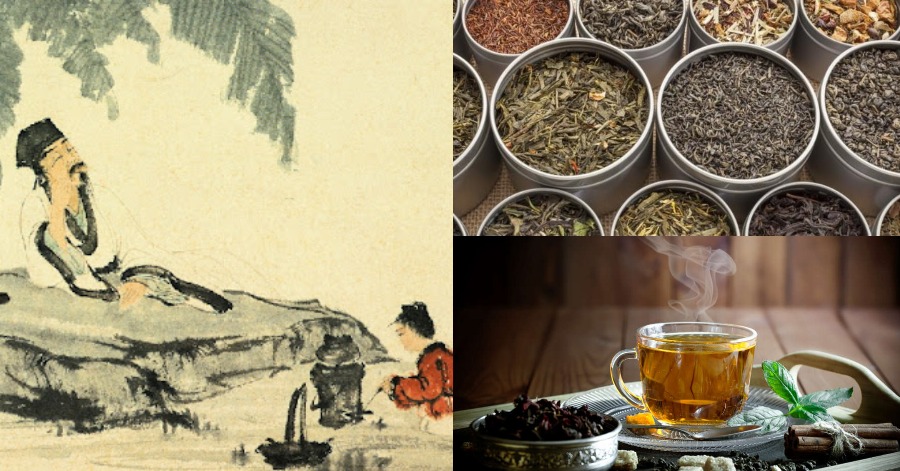







Leave a Comment